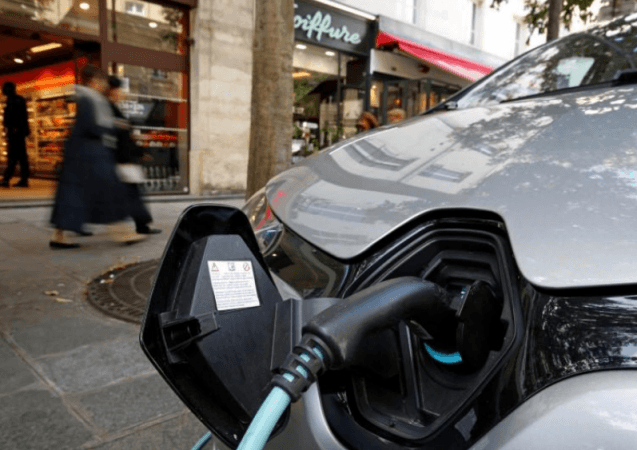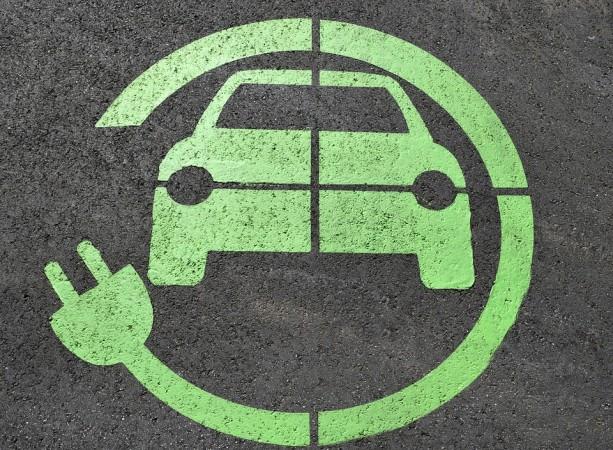
Narendra Modi-led BJP government's push for a transition to electric vehicles (EV) is facing a major issue of low-quality battery packs, which are being dumped by the Chinese manufacturer, in Indian market at a penny's cost.
As the Chinese government has now stopped the subsidies to low output batteries and now subsidising battery makers to move up the value chain, the former is being shipped to India. Financial daily, Mint reported that China manufactured low-quality solar modules were also sold in the Indian market at a dirt-cheap price.
One of the officials close to India's EV programme said, "Battery technology is changing today. This has resulted in the Chinese second-tier battery manufacturers dumping their batteries here, that are not being bought there. They are not finding a market there because China is moving up the EV value chain. This has been brought to our notice by some of the OEMs (original equipment manufacturers)."

Notably, the development has come against the backdrop of Finance Minister Nirmala Sitharaman announcing a corpus of ₹10,000 crore in March under India's Faster Adoption and Manufacturing of Hybrid and Electric Vehicles or FAME 2 scheme-to expand commercial vehicle fleet. The official further added, "China has been providing subsidies to EVs since 2010. They earlier used to have e-scooters with small batteries of short range and with 25km per hour speed. They have stopped the subsidies on those low-technology EVs. They only provide subsidy now to high-range, high-density batteries and to EVs with a longer range. Every year, they are leveraging the subsidy to go up the technology value chain."
As per media reports earlier this year, some of the local manufacturers were buying poor quality Chinese modules to cost pressures and timelines. The practice had become so prevalent among local manufactures that NDA government introduced stricter legislation for solar equipment, and ordered all substandard equipment destroyed. India has an ambitious plan of transition from internal combustion engines (ICE) to EVs and in order to give a push to local battery manufacturing, it is under the process of a plan to build Tesla-style Giga factories.
The centre is mulling to offer incentives including concessional financing options, friendly tax regimes, and a suitable basic customs duty safeguard to develop domestic battery manufacturing ecosystem. China's Contemporary Amperex Technology Co. Ltd (CATL) and BYD Co. Ltd are the major companies that have plans to build large factories to make lithium-ion batteries. The company has proposed an initial investment of around Rs 50,000 crores.

















